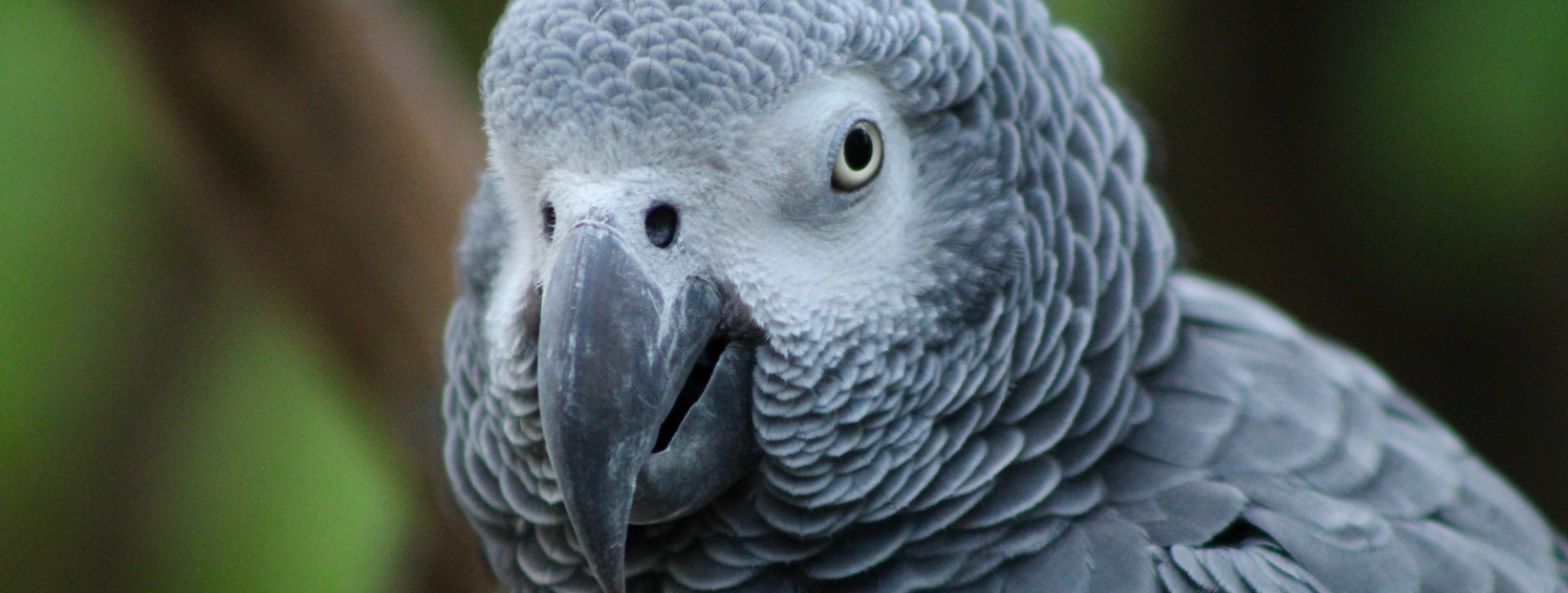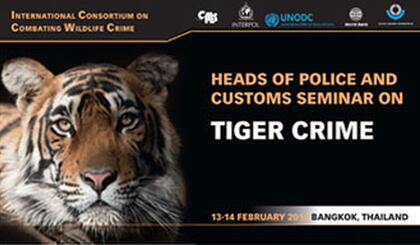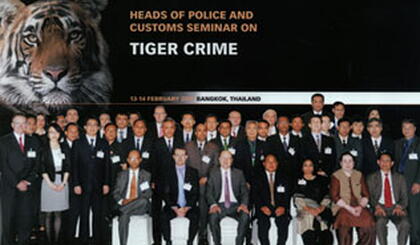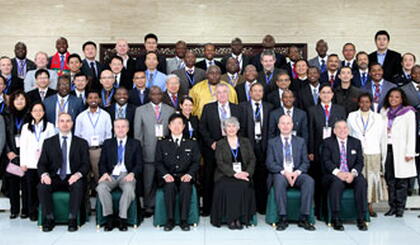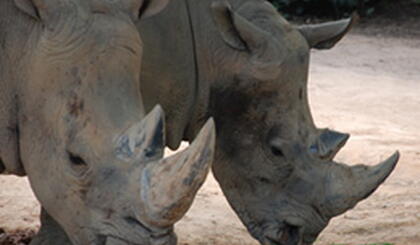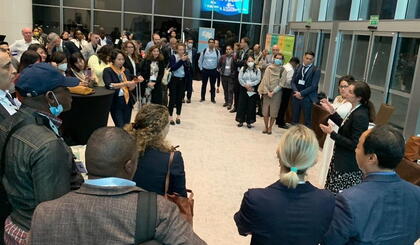World's wild tiger range countries agree on police and customs enforcement measures for nearly-extinct species
For use of the media only; not an official document. Bangkok (Thailand), 14 February 2012 - Police and customs heads from 13 Asian countries agreed today to tighten controls and improve cross-border cooperation to curb the illegal smuggling of tigers and other critically endangered species. The accord came at the conclusion of the two-day international "Heads of Police and Customs Seminar on Tiger Crime", which brought together top Police and Customs Officers from countries that still have tigers living in
Opening remarks by John E. Scanlon, CITES Secretary-General
Bangkok, Thailand, 14 February, 2012 Executive Director of INTERPOL's Police Service Leaders of the Customs and Police authorities of the tiger range States Representatives of the Host Country Colleagues from the International Consortium on Combating Wildlife Crime Distinguished participants " Our collective enforcement efforts to fight tiger crime must not just result in seizures - they must result in prosecutions, convictions and strong penalties to stop the flow of contraband. If we get the entire enforcement system right for the
Controlled deliveries: a tool for reaching the big players in illegal wildlife trafficking
A group photo of the participants to the workshop (click to enlarge) Organized by the World Customs Organization (WCO), under the auspices of the International Consortium on Combating Wildlife Crime (ICCWC), the first international workshop on Establishing a Network of Controlled Delivery Units for Forest and Wildlife Law Enforcement ended on 9 December, after three days of deliberation. Controlled deliveries have long been a tool for investigating drug and tobacco smuggling but their use in wildlife smuggling is more recent
CITES Secretary-General welcomes Resolution of the United Nations Commission on Crime Prevention and Criminal Justice on illicit trafficking in endangered species of wild fauna and flora
During its meeting in Vienna, from 11-15 April 2011, the United Nations’ Commission on Crime Prevention and Criminal Justice adopted a Resolution on “Crime prevention and criminal justice responses against illicit trafficking in endangered species of wild fauna and flora” which was proposed by Chile, Costa Rica, Guatemala, Mexico and the Philippines. Organized criminal networks are known to be involved in the poaching of rhinoceroses, as one example of illicit trafficking in endangered species. The Resolution ( full text attached)
ICCWC begins its work
ICCWC begins its work The Senior Experts Group of the International Consortium on Combating Wildlife Crime (ICCWC) met last week at the United Nations Office on Drugs and Crime (UNODC) in Vienna, Austria. Opened by Mr Yury Fedotov, Executive Director of UNODC, the meeting provided an opportunity for specialized staff of the five partner agencies to plan ICCWC activities in the short and mid-term. Experts agreed to develop a comprehensive programme of work. This programme will exploit the expertise of
Putting Saint Petersburg into practice
Putting Saint Petersburg into practice Geneva, 13 December 2010 Within days of the International Tiger Forum, held in Saint Petersburg, the Russian Federation, from 21 to 24 November 2010 ( http://www.tigersummit.ru/eng/index ), tiger range States are demonstrating their commitment to combating illegal trade in tigers and working with the international community. During the Forum, leaders of tiger range States adopted the Global Tiger Recovery Programme and Saint Petersburg Declaration where they acknowledged that enforcement must be a priority and urged
Powerful alliance to fight wildlife crime comes into effect
For use of the media only; not an official document. JOINT PRESS RELEASE Powerful alliance to fight wildlife crime comes into effect Saint Petersburg/Geneva/Lyon/Vienna/Washington D.C./Brussels, 23 November 2010 - While the majority of the discussions at the International Tiger Forum in Saint Petersburg this week are understandably on tiger’s habitats and ecosystems, the heads of five major international agencies have met to seal a powerful alliance to fight wildlife crime effectively and discuss collective actions to stop the key drivers
Paginación
Filtrar por
Clear filters